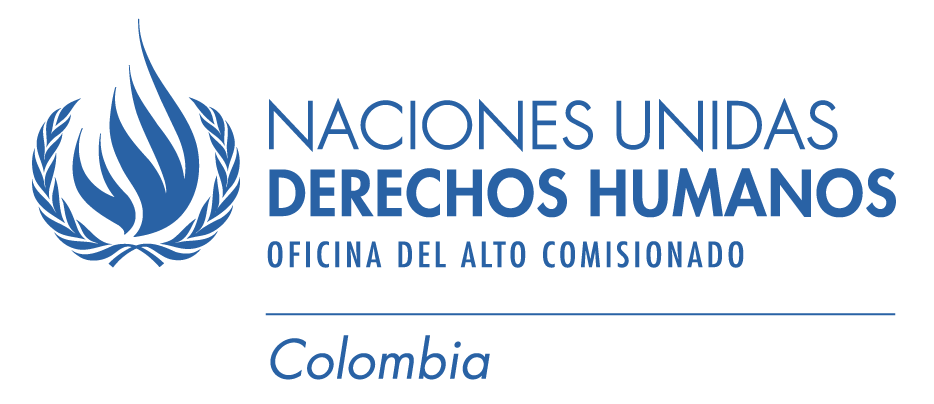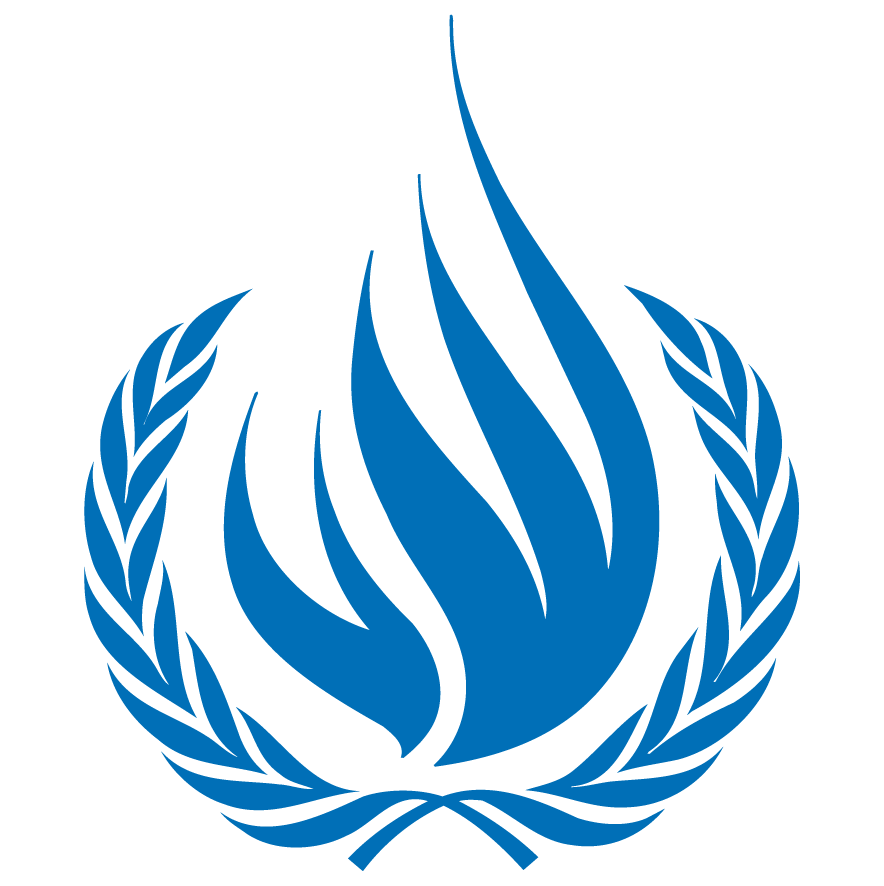Distr. GENERAL E/CN.4/1996/38 15 January 1996 Original: ENGLISH- Recomendaciones en ESPAÑOL
COMMISSION ON HUMAN RIGHTS
Fifty-second session
Item 8 (c) of the provisional agenda
QUESTION OF THE HUMAN RIGHTS OF ALL PERSONS SUBJECTED TO ANY FORM OF DETENTION OR IMPRISONMENT QUESTION OF ENFORCED OR INVOLUNTARY DISAPPEARANCES
Report of the Working Group on Enforced or Involuntary Disappearances
In view of its length, the present document is being issued in the original language only, the Conference Services Division of the United Nations Office at Geneva having insufficient capacity to translate documents that greatly exceed the 32-page limit recommended by the General Assembly (see Commission resolution 1993/94, para. 1).
(…)
Colombia
136. During the period under review, the Working Group transmitted 33 newly reported cases to the Government of Colombia, 16 of which occurred in 1995. Of these newly reported cases, 20 were transmitted under the urgent action procedure. During the same period the Group clarified two cases in which it was reported that the subject's body had been found.
137. In accordance with Commission on Human Rights resolution 1995/75, the Working Group sent four "prompt intervention" cables to the Government of Colombia on behalf of persons who had allegedly been subjected to acts of intimidation or harassment. These include members of the Association of Relatives of Disappeared Detainees, as well as relatives and witnesses to the arrest of persons subsequently disappeared who have publicly denounced the cases and given testimony before the judicial authorities.
138. The majority of the 949 reported cases of disappearance in Colombia have occurred since 1981, especially in Bogotá and regions where the level of violence is highest. Among them there are persons belonging to civic or human rights groups that had publicly denounced abuses by members of the security forces or paramilitary groups. The number of cases in the Working Group's files is much lower than the figures handled by the national non-governmental organizations. This is due, to a large extent, to the fact that in many cases the persons are found dead a few days after the disappearance. With regard to other cases, it has not been possible for the relatives or acquaintances of the missing persons to establish a link between the disappearance and the activities of government forces or groups associated with them.
139. The cases transmitted this year occurred mainly in the departments of Antioquia (9), Caldas (5), César (5), Norte de Santander (4), Valle (3), Santander (2), Atlántico (1), Bolívar (1), Cauca (1), Córdova (1), Cundinamarca (1). The forces alleged to be responsible were the Army (15), the police (6), paramilitary groups (6), men in plain clothes believed to be linked to security forces (4), the DHS (2).
140. During the period under review, a number of non-governmental organizations transmitted information of a general nature concerning the obstacles found in the application at the national level of the Declaration on the Protection of All Persons from Enforced Disappearance. With respect to articles 14 and 16 of the Declaration, it was stated that the continuous assignment of cases of human rights violations to the military jurisdiction facilitates impunity and that the Supreme Judicature Council, the body empowered to settle conflicts of jurisdiction between civil and military tribunals, usually decides in favour of the latter. It was also asserted that, in violation of the provisions of article 16.1 of the Declaration, officials accused of committing human rights violations are not suspended from their duties during the proceedings against them.
141. The armed forces continue to exercise judicial police functions under decree No. 1810 of 1992 and, therefore, to carry out detentions and raids. The decree is alleged to have facilitated acts of enforced disappearance and to have been used to hinder or divert investigations, becoming a source of impunity.
142. With respect to articles 5 and 19 of the Declaration, it was asserted that financial compensation may be obtained only in cases where there is a decision of the Human Rights Committee or of the Inter-American Commission on Human Rights, followed by a conciliation procedure before an inter-ministerial committee. If no agreement is reached, victims have no possible way to express their disagreement with the offer made by the Government. It was also reported that a recent bill laid before Congress would limit reparation to the granting of financial compensation.
143. It was asserted that, in violation of the provisions of article 13.4 of the Declaration, a campaign was recently launched to discredit the work of human rights non-governmental organizations, it being claimed that their work promotes the objectives of guerrilla groups. That has forced the Association of Relatives of Disappeared Detainees (ASFADDES) to close its offices in Urabá and Ocaña. The atmosphere of hostility and intimidation has reportedly endangered the non-governmental organizations' work. It was also alleged that soldiers and police officers accused of human rights violations by members of non-governmental organizations generally responded by accusing the latter – in criminal proceedings – of aiding and abetting the commission of terrorist acts.
144. Regarding article 10.1 of the Declaration, it was mentioned that the Government recently issued decree No. 221 of 31 January 1995, article 2 of which permits detained civilians to be transferred to military facilities in prison emergencies. Military facilities were alleged, de facto, to be beyond all judicial control. This provision, therefore, allegedly facilitates acts of enforced disappearance.
145. It was stated that article 38 (f) of law No. 137 of 1994 authorizes the detention on remand, without a warrant from the judicial authority, of persons suspected of participating in or planning crimes, in circumstances of extreme urgency. It was asserted that this provision weakens individual guarantees against deprivation of liberty and may facilitate the enforced disappearance of persons.
146. It was stated that the remedy of habeas corpus has been drastically weakened by law No. 15 of 5 October 1992, article 2 of which provides that such remedy is available only within the relevant judicial proceedings. This, it is maintained, has prevented its being used outside judicial proceedings or in cases of illegal or arbitrary deprivation of liberty by a non-judicial authority. This dilution of the remedy is said to explain why it was little used in 1994 and 1995.
147. Particular concern was expressed about the fact that General Alvaro Velandia Hurtado, who had been discharged on 6 July 1995 by the Office of the Attorney-General because of his involvement in the enforced disappearance and homicide of Nydia Erika Bautista de Arellana, was decorated on 4 August 1995 by the Minister of Defence with the Meritorious Service Order. Subsequently, the Government informed the Working Group that, following a presidential decree, General Velandia had indeed been discharged.
148. During the period under review, representatives of the Government of Colombia meet with the Working Group at its forty-fifth session, during which it assured the Group of its full cooperation and reiterated its invitation to visit the country. The Government also transmitted information about the legal steps taken in connection with approximately 100 outstanding cases in order to find those responsible for the disappearance. In none of them, however, had the investigations yet come to final conclusions. It also submitted replies on a number of other individual cases in which it reported that in two cases the subject's body had been found; in one case the person concerned was in detention and two cases were under investigation. In addition, the Government informed the Working Group of a bill establishing mechanisms for compensation to victims of human rights violations in cases where a decision in this regard has been adopted by international human rights bodies. It also informed it about the establishment of a Commission which will study the follow-up to the recommendations included in the 1994 report on the visit to Colombia by the Special Rapporteur on extrajudicial, summary or arbitrary executions and the Special Rapporteur on torture.
149. The Government of Colombia also addressed an invitation to the Working Group to visit the country. The Working Group agreed to undertake this visit in the course of 1996.
Observations
150. El Grupo le agradece al Gobierno de Colombia la colaboración prestada durante el período bajo estudio. Sin embargo, el Grupo está preocupado por el hecho de que la evolución de la situación refleja un alto número de casos de desapariciones. El Grupo comprende las dificultades encontradas en el contexto prevaleciente de violencia y reconoce el progreso hecho por el Estado colombiano, tomando nota en particular de las actividades del Defensor. No obstante, lo que está pasando sirve para subrayar la urgencia de adoptar políticas más apropiadas que permitan que el Estado colombiano cumpla su obligación de "(tomar) medidas legislativas, administrativas, judiciales y otras medidas eficaces para prevenir o erradicar los actos de desapariciones forzadas" conforme al artículo 3 de la Declaración (sobre la protección de todas las personas contras las desapariciones forzadas).
151. El grupo hace un llamado de atención sobre la necesidad de cumplir cabalmente con la obligación de que las personas a las que se atribuya cualquiera de estas acciones sean juzgadas por tribunales ordinarios y no por tribunales militares, de acuerdo con el artículo 16, parágrafo 2, de la Declaración. Asimismo, hace énfasis en la necesidad de asegurar un recurso íntegro y efectivo de hábeas corpus para darle vigencia a la obligación internacional de garantizar 'un recurso judicial rápido y eficaz' (art. 9) como medio para prevenir desapariciones y determinar el paradero de personas privadas de su libertad. Finalmente, el Grupo insta a las autoridades colombianas a hacer todo lo que esté a su alcance para garantizar la seguridad de familiares y testigos, conforme al artículo 13, parágrafo 3, de la Declaración.




